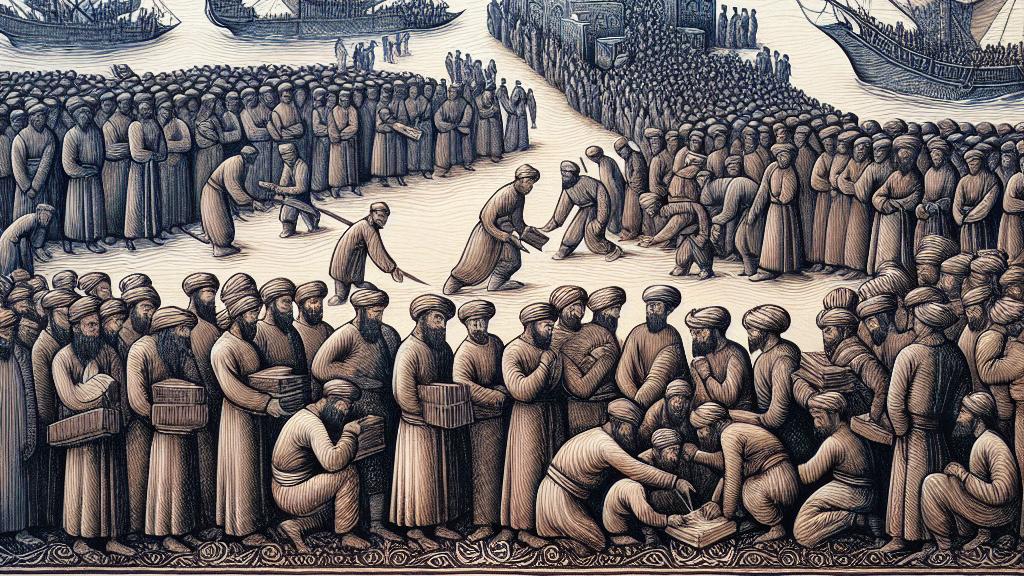Germany and Uzbekistan Forge Migrant Worker Agreement
Overview
- Germany strikes a pivotal migration agreement with Uzbekistan to attract skilled workers and enhance economic growth.
- This deal features straightforward processes for returning specific immigrants, ensuring a balanced approach.
- The agreement not only addresses critical labor shortages but intricately navigates the challenges of deportation policies.

Unpacking the Historical Agreement
In a groundbreaking move, Germany and Uzbekistan formalized a migration agreement in the historically rich city of Samarkand, a symbol of cultural exchange. This initiative is more than administrative protocol; it embodies Germany's urgent call for skilled labor. Chancellor Olaf Scholz articulated this need effectively, declaring, 'Our economy demands fresh talent to drive innovation and growth.' Moreover, the pact introduces efficient bureaucratic measures that allow for the seamless return of immigrants who are unable to stay, showcasing a balanced commitment to human dignity and economic necessity.
Political Context and Strategic Implications
The agreement is set against a backdrop of deepening ties that have flourished since diplomatic relations began in 1992, marking a lasting commitment between the two nations. Today, Uzbekistan stands as Germany's seventh-largest trading partner, highlighting the growing economic interdependence. With major investments from influential corporations like Siemens and Knauf, the collaboration is thriving. The establishment of a strategic regional partnership last September represents a concerted effort to unite Central Asian talents with German economic needs. As experts project a demand for approximately 400,000 skilled immigrants each year, this agreement is not just a reactive measure—it’s a crucial strategic pathway shaping the future labor landscape of Germany.
Navigating Complex Deportation Dynamics
While the emphasis on welcoming skilled workers is commendable, Germany's deportation policies introduce significant complexities—an issue magnified by recent events in Afghanistan. After a cessation of deportations post-2021, Germany has begun to deport Afghan nationals, particularly those with criminal convictions, which has sparked a vigorous debate on human rights. Interior Minister Nancy Faeser, firmly stating, 'It is imperative that we enforce our laws to protect our citizens,' highlights the delicate balance between maintaining national security and valuing human rights. Consequently, the migration agreement with Uzbekistan seeks to ensure not only the humane treatment of potential immigrants but also the effective management of those who cannot remain. As Germany navigates this intricate landscape of migration, each decision reflects a broader narrative of hope and responsibility, blending aspiration with reality.

Loading...